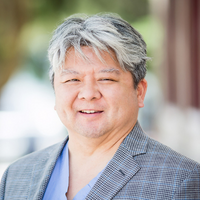Advocacy & Resources
NSQIP Transplant
Access the Recording!
Webinar: NSQIP Transplant
Discover the potential of NSQIP Transplant to improve your center's performance by joining this enlightening webinar featuring speaker Ryutaro Hirose, MD. You have an exclusive opportunity to explore the benefits of this innovative tool, discuss how you can use NSQIP Transplant to drive quality improvement at your center, and get your questions answered!
Speaker:
 Ryutaro Hirose, MD
Ryutaro Hirose, MD
Surgical Director, UW Transplant Institute
Chief, Division of Transplant Surgery
Interested in Joining?
Complete The Interest Form Below!
Join the Transplant Centers Who've Committed to NSQIP Transplant
University of Alabama Hospital
University of California San Diego Medical Center
University of California San Francisco Medical Center
University of Colorado Hospital/Health Science Center
University of Toronto
University of Utah Medical Center